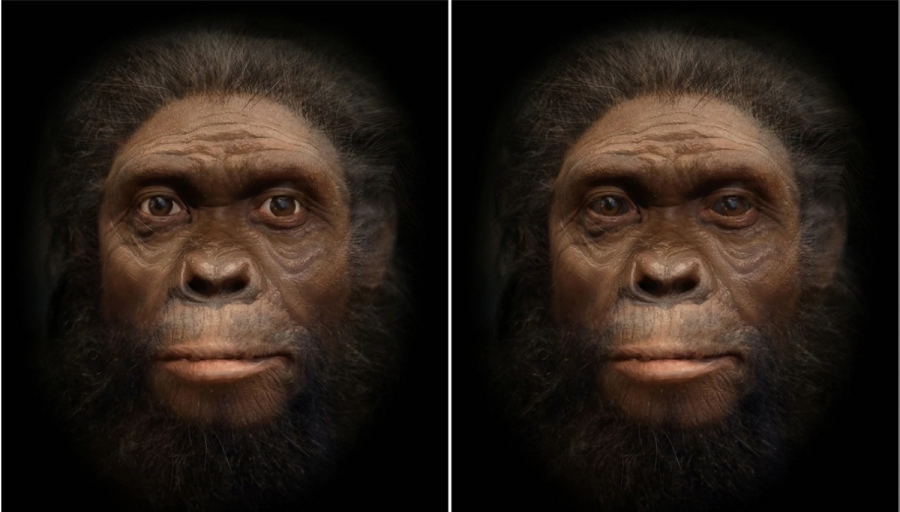
Nowy artykuł dr hab. Sławomira Wacewicza i jego współpracowników pod tytułem "The adaptive significance of human scleral brightness: an experimental study", opublikowano w "Scientific Reports". Możecie przeczytać go tutaj! A poniżej zamieszczamy abstrakt artykułu
"Homogeneously depigmented sclerae have long been proposed to be uniquely human—an adaptation to enable cooperative behaviour by facilitating interpersonal coordination through gaze following. However, recent evidence has shown that deeply pigmented sclerae also afford gaze following if surrounding a bright iris. Furthermore, while current scleral depigmentation is clearly adaptive in modern humans, it is less clear how the evolutionarily intermediate stages of scleral pigmentation may have been adaptive. In sum, it is unclear why scleral depigmentation became the norm in humans, while not so in sister species like chimpanzees, or why some extant species display intermediate degrees of pigmentation (as our ancestors presumably did at some point). We created realistic facial images of 20 individually distinct hominins with diverse facial morphologies, each face in the (i) humanlike bright sclera and (ii) generalised apelike dark sclera version. Participants in two online studies rated the bright-sclera hominins as younger, healthier, more attractive and trustworthy, but less aggressive than the dark-sclera hominins. Our results support the idea that the appearance of more depigmented sclerae promoted perceived traits that fostered trust, increasing fitness for those individuals and resulting in depigmentation as a fixed trait in extant humans."


 ul. Fosa Staromiejska 3, 87-100 Toruń
ul. Fosa Staromiejska 3, 87-100 Toruń